The prosecutor made a bold prediction during her closing argument.
“For 20 years, the defendant got away with his crimes — that ends in this courtroom,” declared Assistant U.S. Attorney Maurene Comey last week in the government’s case versus Sean “Diddy” Combs. “It is time to hold him accountable … the defendant is not a God.”
Perhaps not. But Combs is a massive celebrity. And what’s becoming increasingly apparent is that celebrity #MeToo cases — whether criminal or civil — are intensely difficult to win when up against a big name.
In addition to Combs being found not guilty of the most serious charges brought against the rap mogul, we’ve seen similar mixed results in other high-profile cases that involved intense media attention and a large outpouring of resources in the pursuit of “guilty” verdicts against celebrities accused of sex crimes:
The case against disgraced producer Harvey Weinstein — whose arrest kicked off the #MeToo movement in 2017 — has become a mess. Weinstein saw his 2020 New York conviction overturned, received a mistrial on a rape charge and was found not guilty of one count of a criminal sexual act (he was found guilty, however, on another count of the same charge).
Kevin Spacey has started to get acting gigs again after a jury in London acquitted the Oscar winner of nine sexual assault charges in 2023 and a federal jury in Manhattan found him not liable in a civil lawsuit in 2022. (One civil case is still pending).
Then there’s Bill Cosby, who was successfully prosecuted for drugging and sexually assaulting a woman 2018 — in his second trial after the first resulted in a mistrial — and then was let off on a technicality in 2021.
Even former That ‘70s Show star Danny Masterson, who was convicted of rape and sentenced to 30 years to life in prison in 2023, had to be tried twice after his first trial likewise ended in a mistrial in 2022.
Two major celebrity cases that fall into the category of civil litigation rather than criminal are also worth mentioning: Johnny Depp in 2022 came out on top of his defamation case against his ex-wife Amber Heard after she accused him of abuse (and Depp was even awarded $10 million in damages for his trouble). And while the lawsuit between It Ends With Us director Justin Baldoni and his co-star Blake Lively has yet to be resolved, it has — fairly or not — taken on a similar public opinion vibe to Depp vs. Heard, with Baldoni receiving the bulk of online support after Lively accused him of sexual harassment.
To some extent, experts say, what we’re seeing across these legal battles is illustrative of how tough any case involving sex crimes is to win for accusers. #MeToo was always a cultural movement rather than legal and while it may have bled into the courtroom, it never changed the standards to secure convictions.
This is particularly true when the issue revolves around consent — a theme across many of the above famous cases. In Diddy’s trial, for instance, the defense had Combs’ former girlfriend Cassie Ventura read aloud text messages where she seemed enthusiastic about his sex parties to portray the alleged sex trafficking as the product of an eccentric, but consensual, relationship (with Cassie texting, “I’m always ready to freak off” and “I just want it to be uncontrollable”).
“It’s hard for juries to wrap their head around,” says Matthew Galluzzo, criminal defense attorney and former prosecutor for the New York County DA’s Office. “It’s confusing. It’s the same thing with people who have complained about Weinstein. They appeared to have, in aftermath of assault, sought him out and continued to have friendly relations with him.”
Experts point out that it’s not unusual for somebody who was assaulted to not immediately sever a relationship with their abuser, which makes it especially difficult to break free. But such issues demonstrate the limitations of the #MeToo movement, which has largely stalled in court.
“There’s a real disconnect between culture that requires credibility en masse and a legal system that insists on accusers coming forward alone and having their voice alone sway the jury,” says Deborah Tuerkheimer, a former Manhattan prosecutor who is now a law professor at Northwestern. “The burden of proof is so high. That’s where we see continuing tension.”
As tough as some of these cases are to win for an accuser, going up against celebrities makes them even more difficult given a famous person’s deep pockets to hire top-tier representation.
Consider Combs, who assembled a roster of nine highly regarded bet-my-life lawyers to construct his defense. Leading that team was Marc Agnifilo, a do-it-all attorney with extensive experience litigating complex racketeering cases involving criminal enterprises, like the one Combs faced. Also involved: Teny Geragos, a partner at his firm and daughter of powerhouse litigator Mark Geragos, Brian Steel, who secured a favorable plead deal for Young Thug in the YSL racketeering trial, and Sam Bankman-Fried lawyer Alexandra Shapiro, among others.
With an estimated ten-figure net worth, Combs also had the resources to deploy private investigators to poke holes in narratives advanced by prosecution’s 34 witnesses. One key exchange undermining the government’s case came in the cross-examination of Bryana Bongolan, a friend of Cassie Ventura who testified that Combs held her above a balcony railing at a hotel in Los Angeles before assaulting her. The judge overseeing the trial said Combs’ lawyers scored a “real Perry Mason moment” when they presented a hotel bill indicating that the rap mogul was staying in New York City that week.
One might wonder, then, if such charges are so difficult to prosecute — and often wouldn’t normally be prosecuted without insurmountable evidence — why cases were brought against some of these famous figures in the first place.
There is both a generous and a cynical read on that one. Let’s start with the nice version: When accusations against a famous person bubble up through the media, the public takes notice. If a prosecutor fully believes the claims to be credible, not bringing charges just because it’s a difficult high-wire case could be an act of moral cowardice. Why let a perpetrator — who perhaps believes they’re above the law due to their status — off the hook?
The more cynical version suggests that prosecutors hope they can become minor league celebrities by attaching themselves to a high-profile case that draws major headlines. A big win could be a boon for their career; you’re the harpooner who has speared the whale.
Already, the Combs verdict is fueling criticism that prosecutors from the U.S. Attorney’s Office for the Southern District of New York, which is known for being particularly aggressive, overcharged the case. The accusations brought against the rap mogul can technically be considered racketeering, but when jurors hear “criminal enterprise,” they think about the mafia and the cartel, not crates of baby oil. It was a hard sell.
By the thinking of Halim Dhanidina, a former state and court of appeals judge, prosecutors indeed overreached. “Part of that reason is the celebrity and fact that the case is being followed in the media,” he says. “If you have the opportunity to make a big splash for yourself as a prosecutor as a precursor to something else you want to do in your career, there’s an inherent motivation to be the biggest, baddest lawyer in the courtroom. You want the baby oil case to be a racketeering case because it’s more glamorous.”
The team prosecuting Combs shored up its ranks only months before the trial by bringing on Maurene Comey — the daughter of former FBI director James Comey who had secured a conviction against Ghislaine Maxwell — becoming the fifth lawyer on a case that typically sees two. The trial was estimated to cost taxpayers $10 million between the deep roster of prosecutors and calling dozens of witnesses to testify, some of whom needed to be flown out and housed in New York. With Combs now only facing two prostitution charges, former federal prosecutor Neama Rahmani has called it “the most expensive prostitution trial in American history” in the press.
All of which begs some questions: What if the high-profile acquittals — and instances of prosecutors being arguably too aggressive in their pursuit of celebrity cases — results in jurors in everyday sex crimes cases being more skeptical than they otherwise would be? What happens with the #MeToo movement in the courts now? And will the checkered celebrity scorecard leave prosecutors less likely to push forward on similar cases?
Some say there’s already been an impact.
“We’re finding that the cases that fit into the #MeToo movement [were] an overcorrection,” Dhanidina opines. “The prevailing sense in the culture went from ‘we always believe an accuser’ to ‘maybe we too often believe an accuser. We’re returning to equilibrium — especially when cases involve a well-known celebrity defendant.”

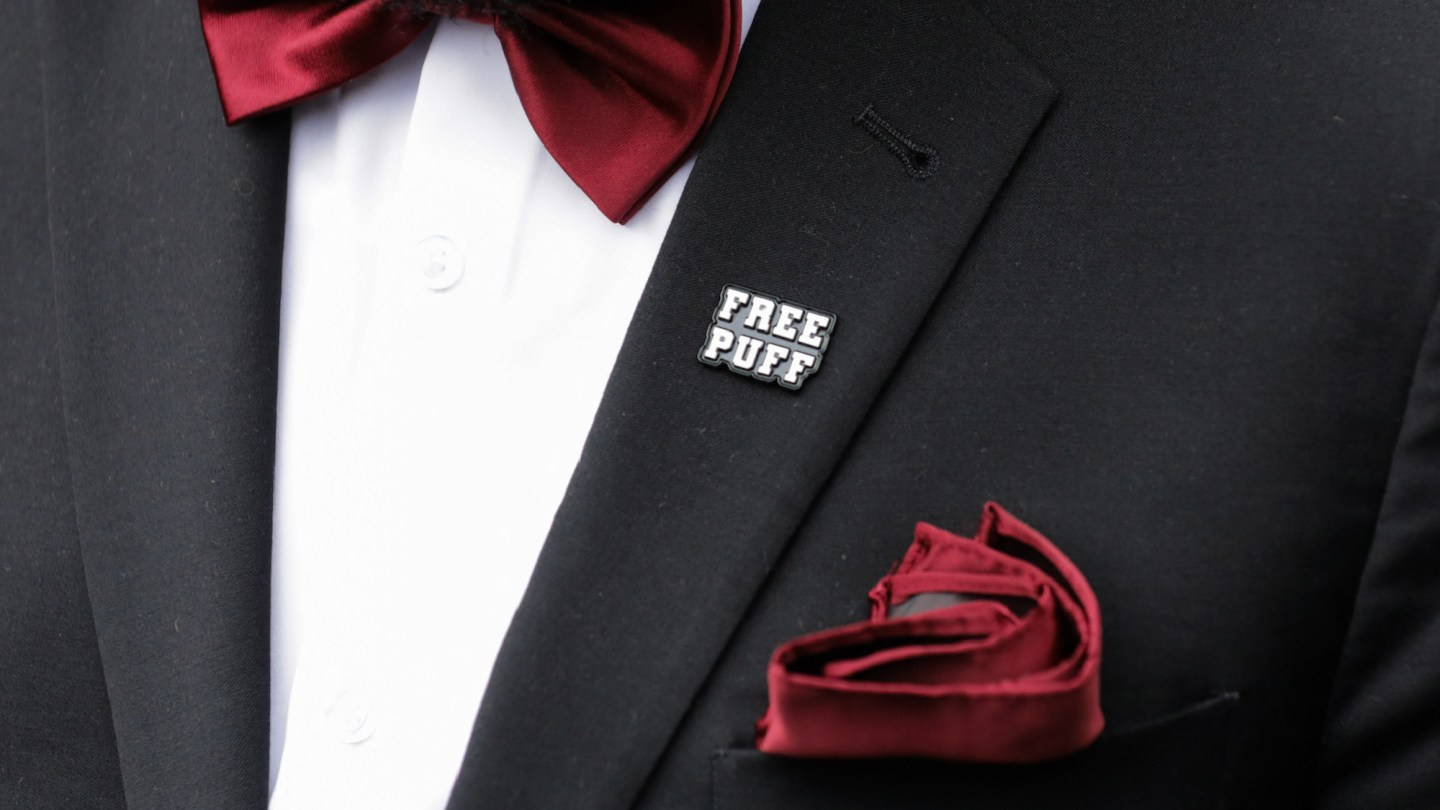
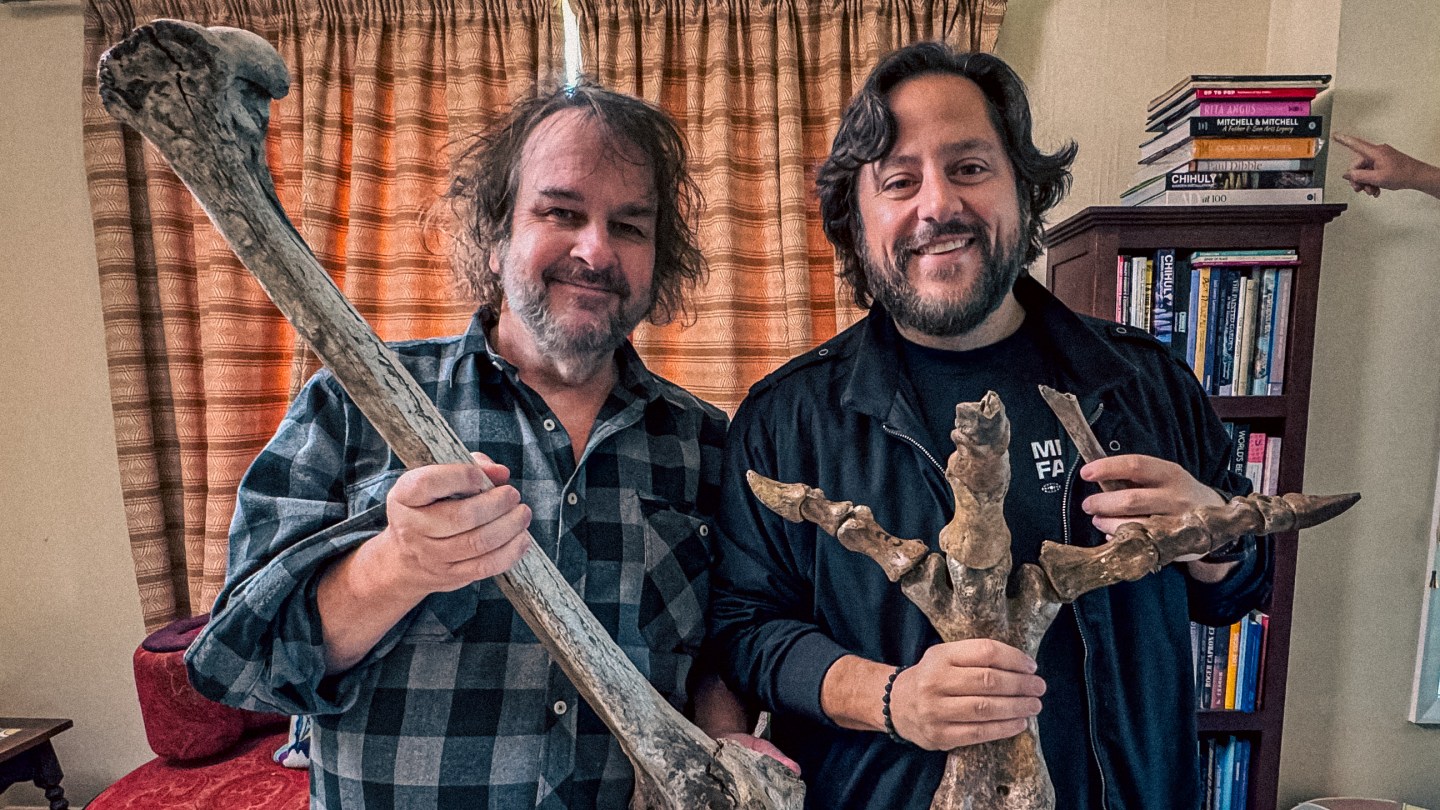
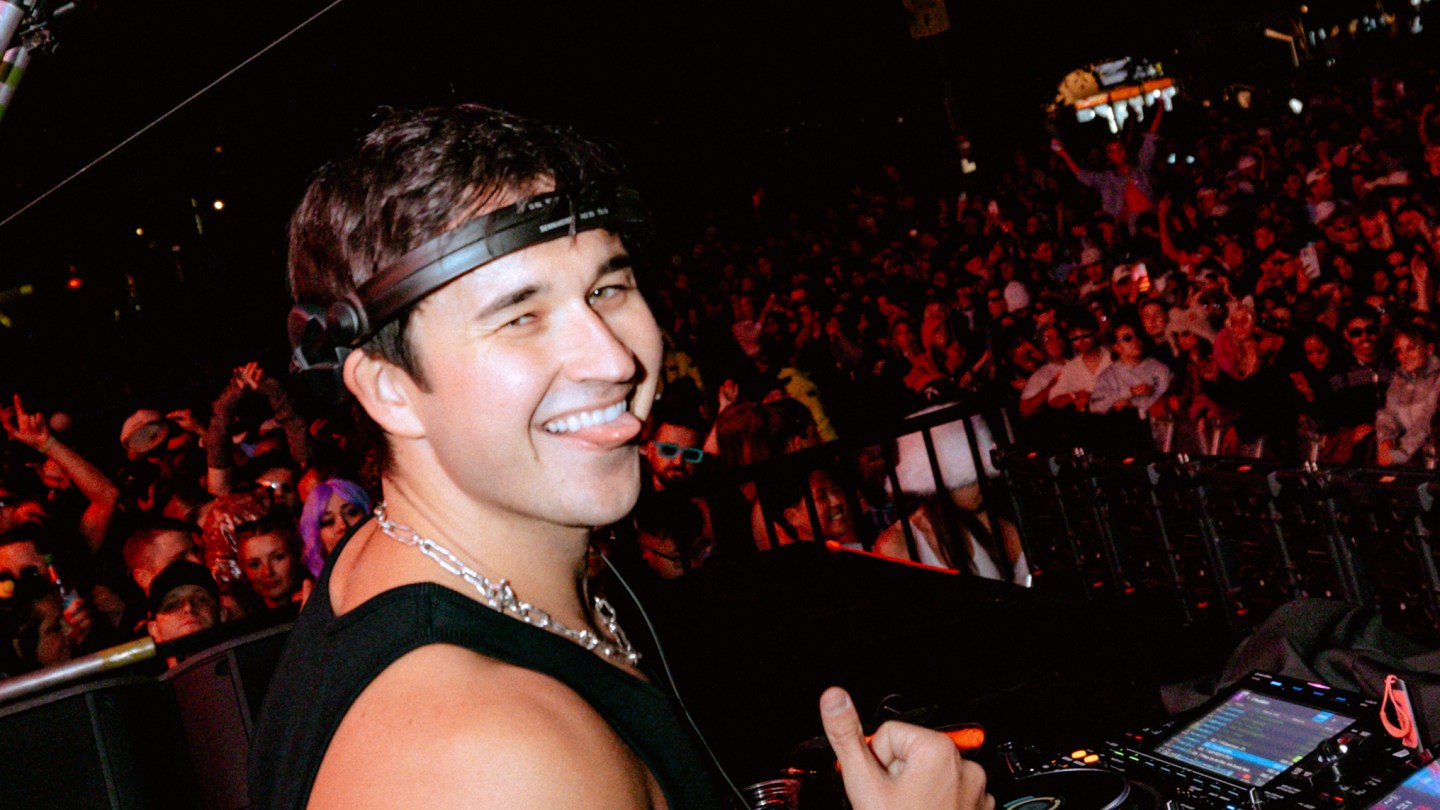
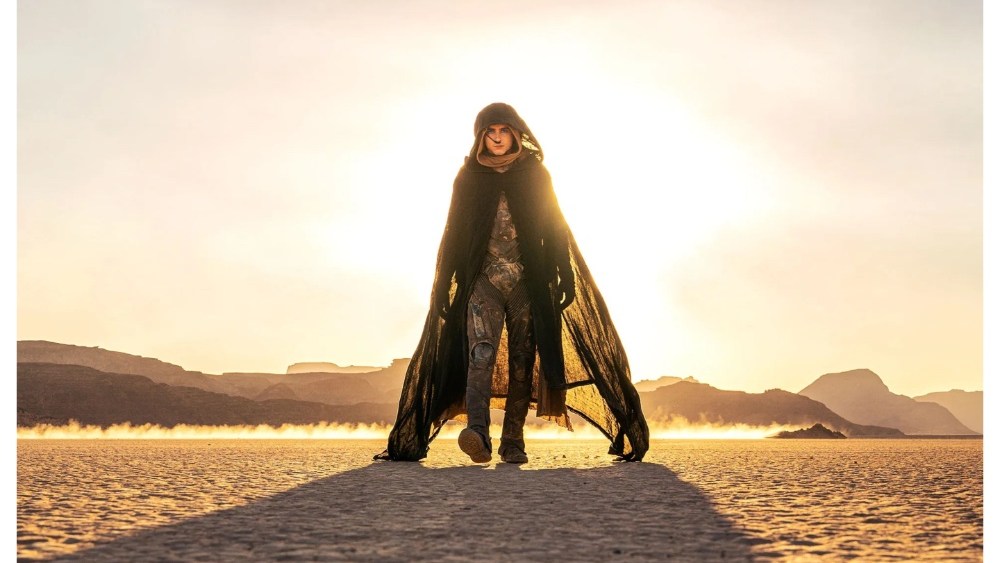
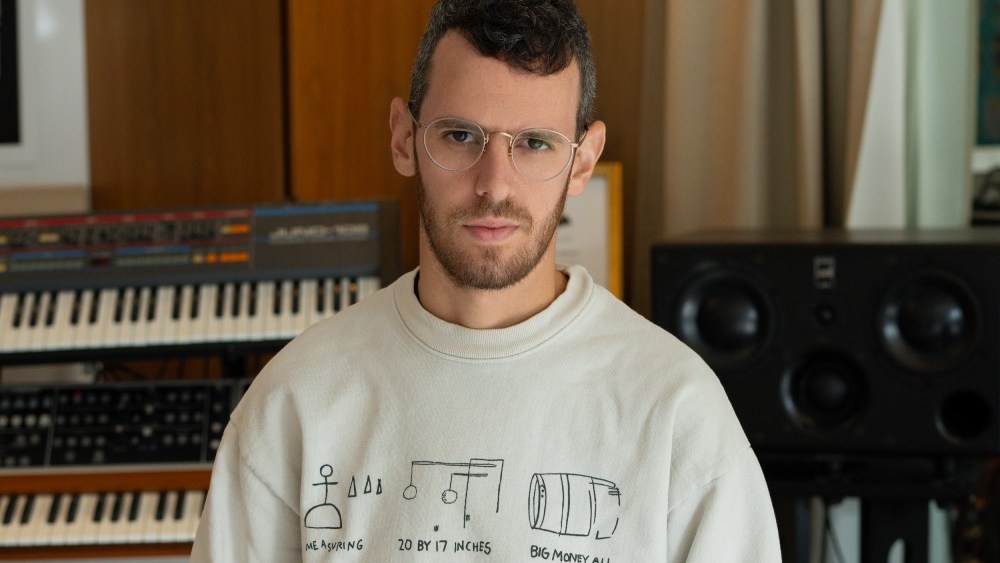

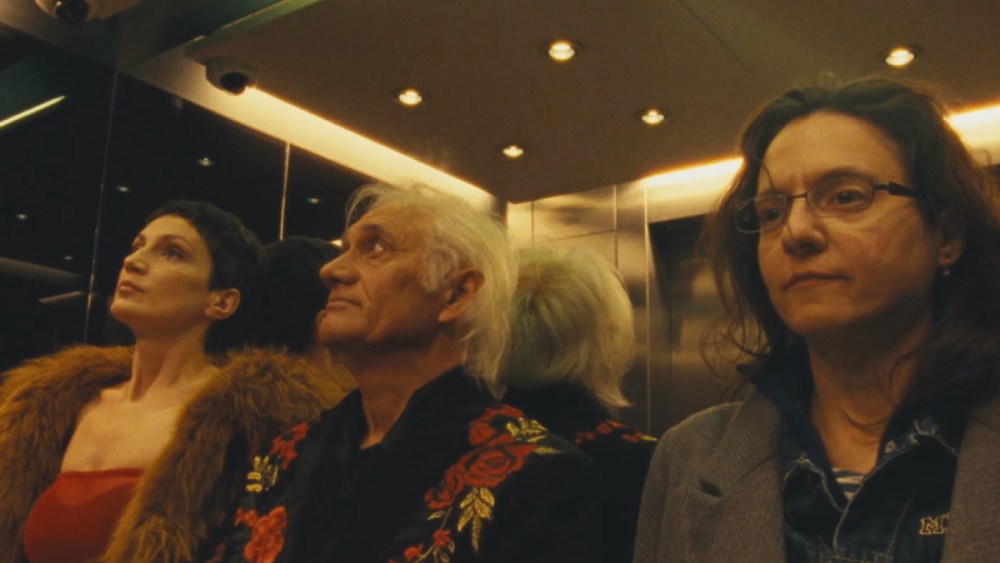
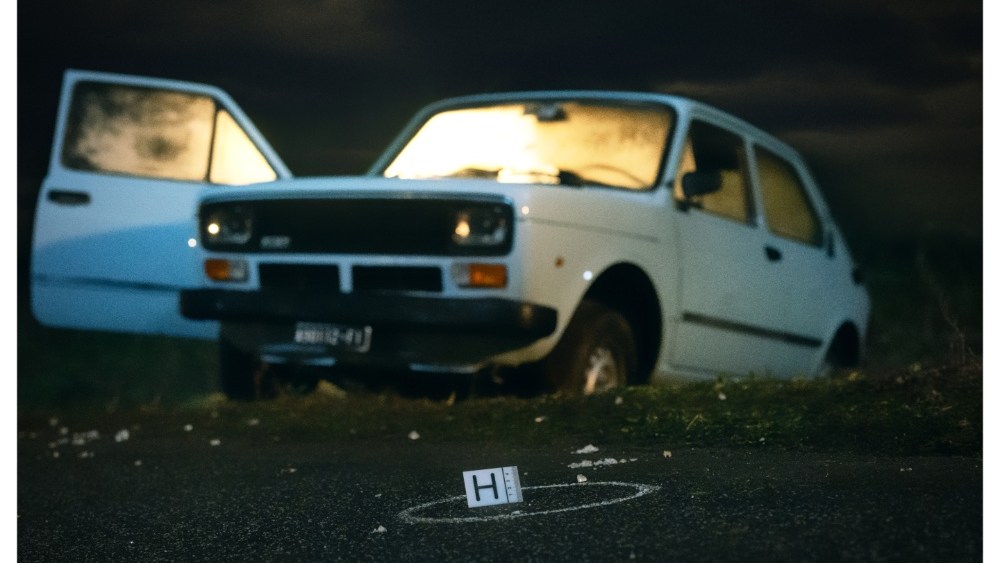
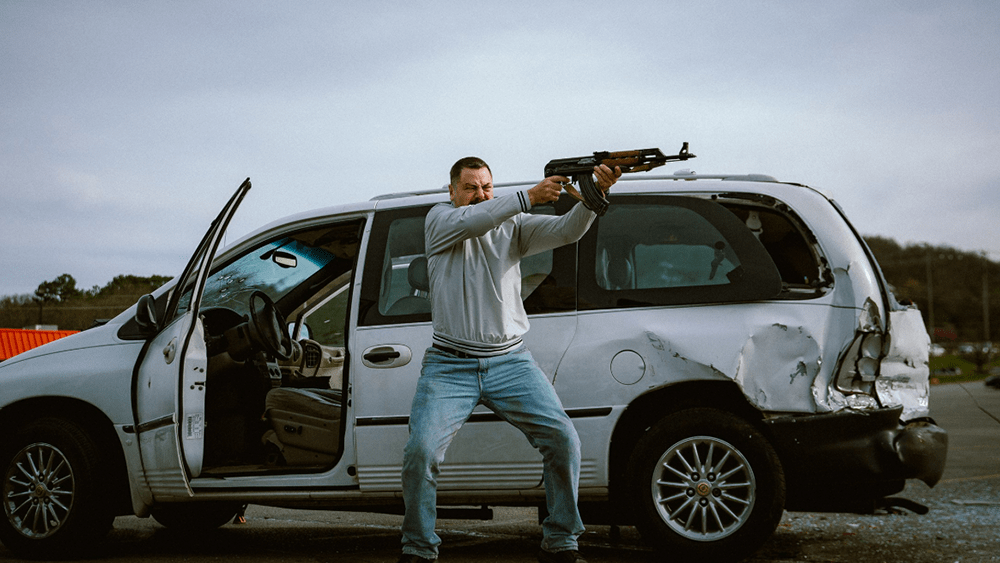
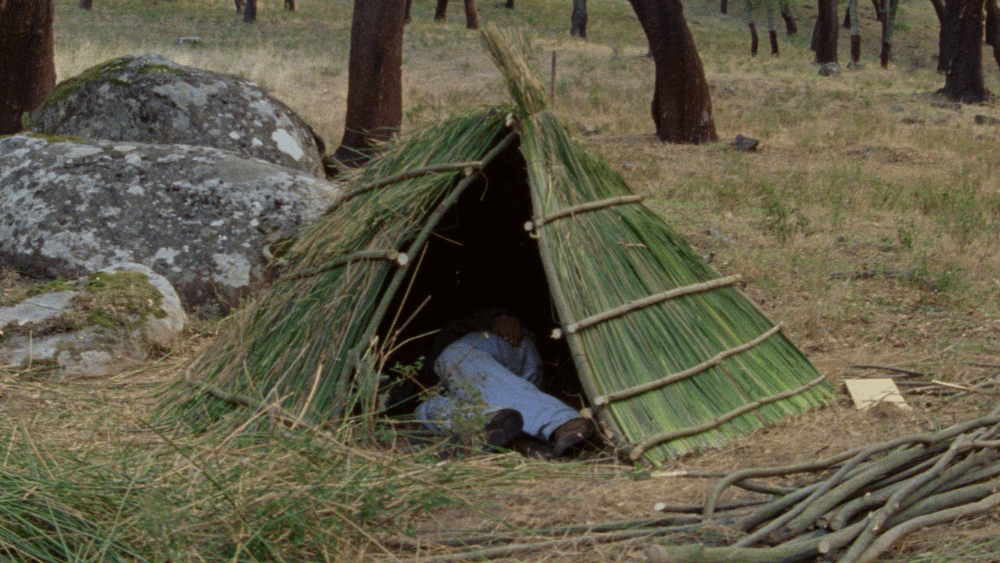
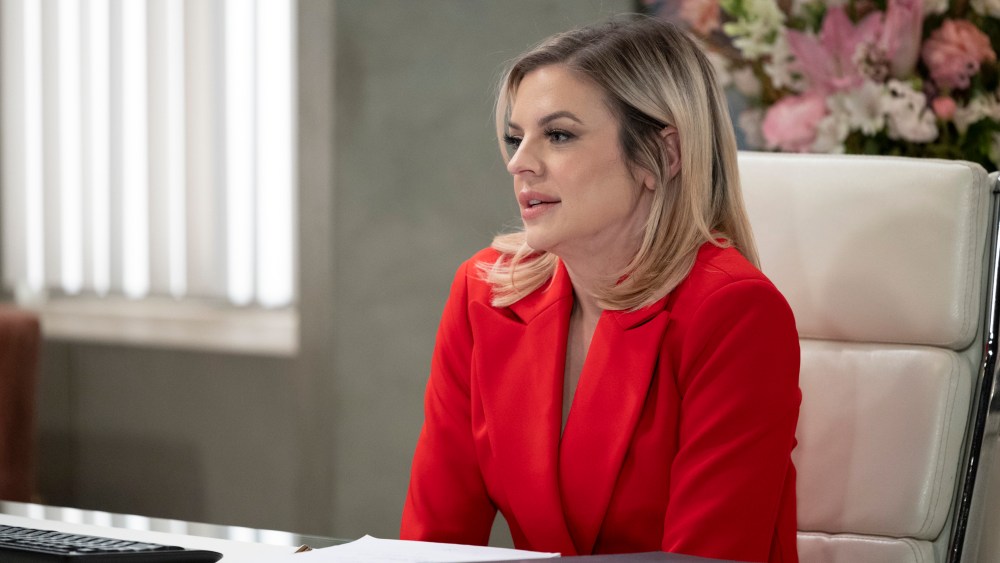
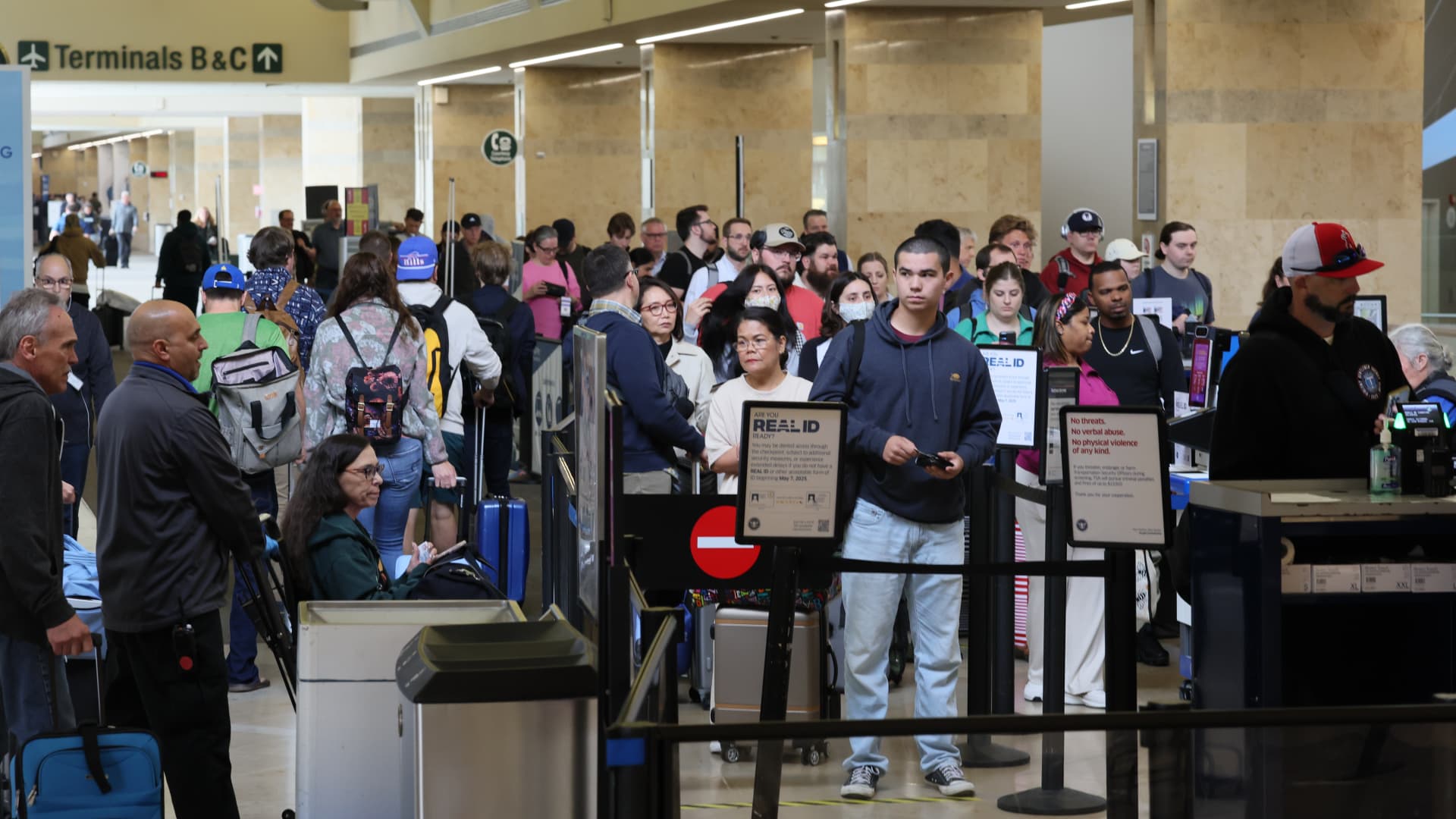
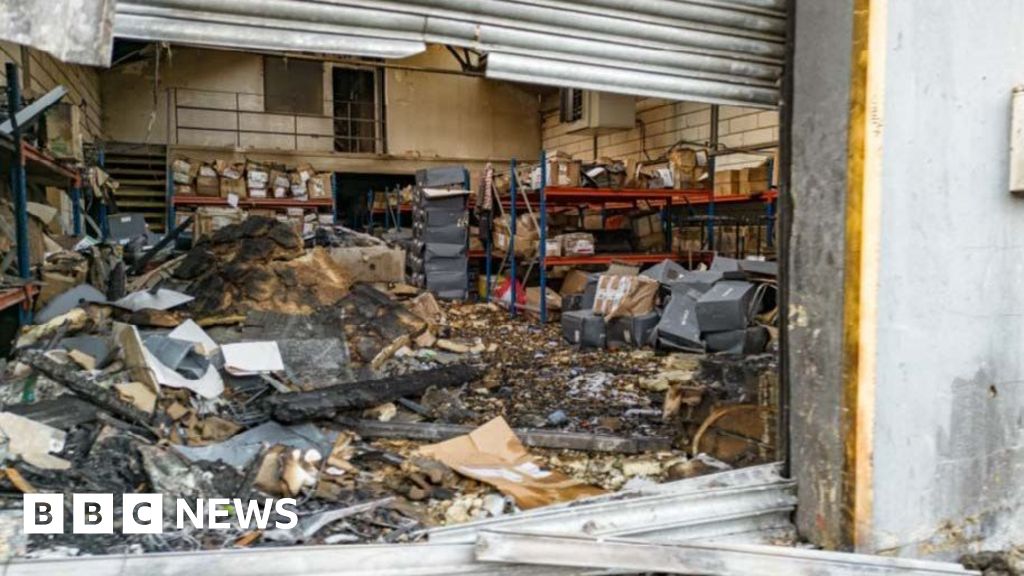
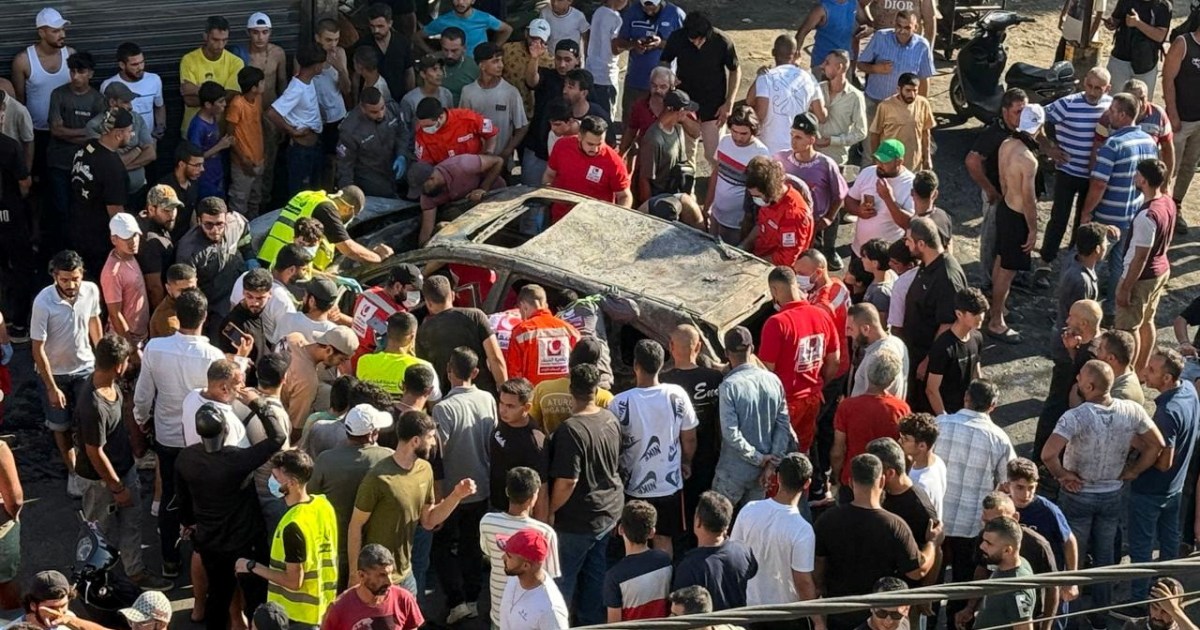

Leave a Reply